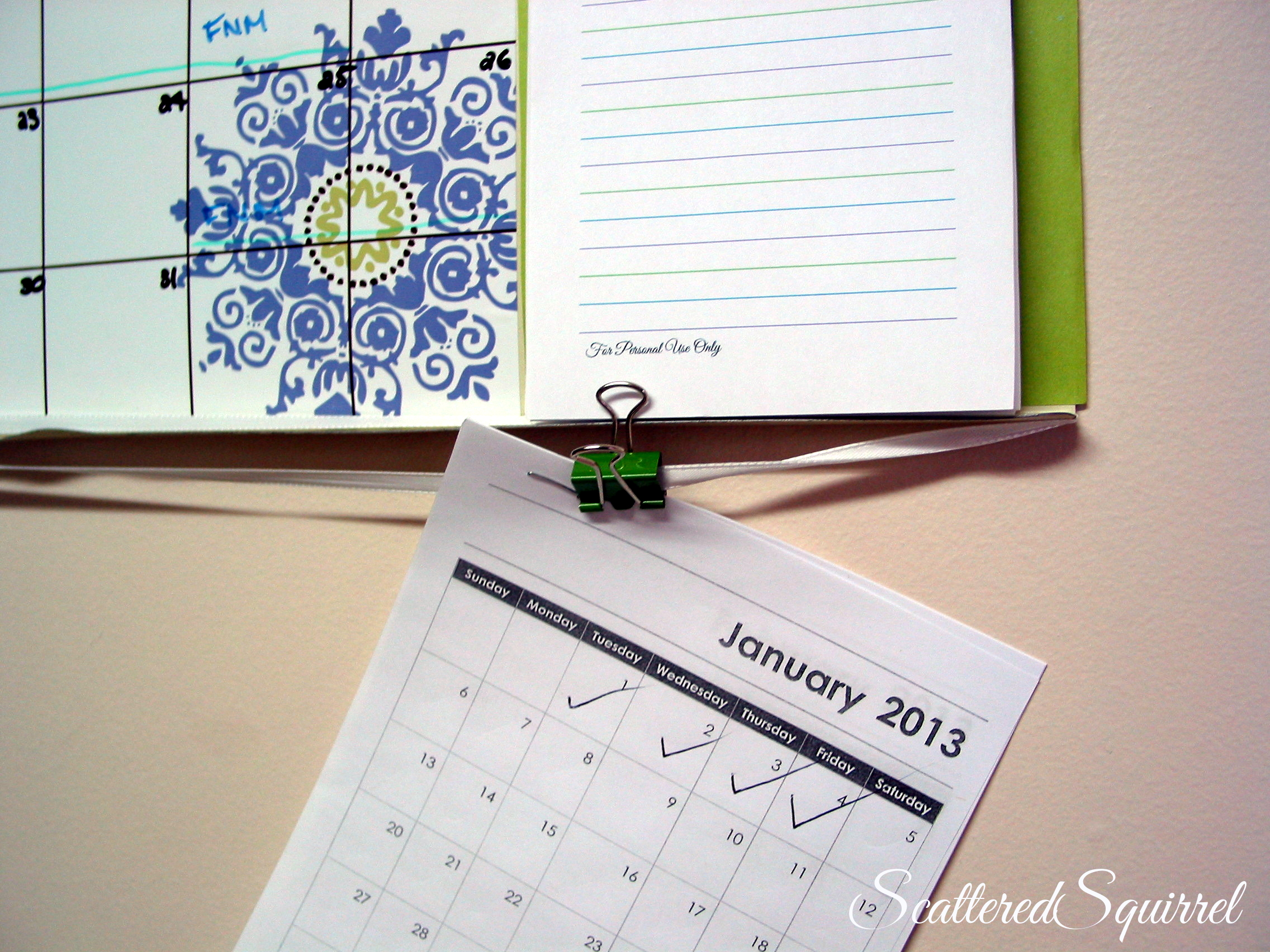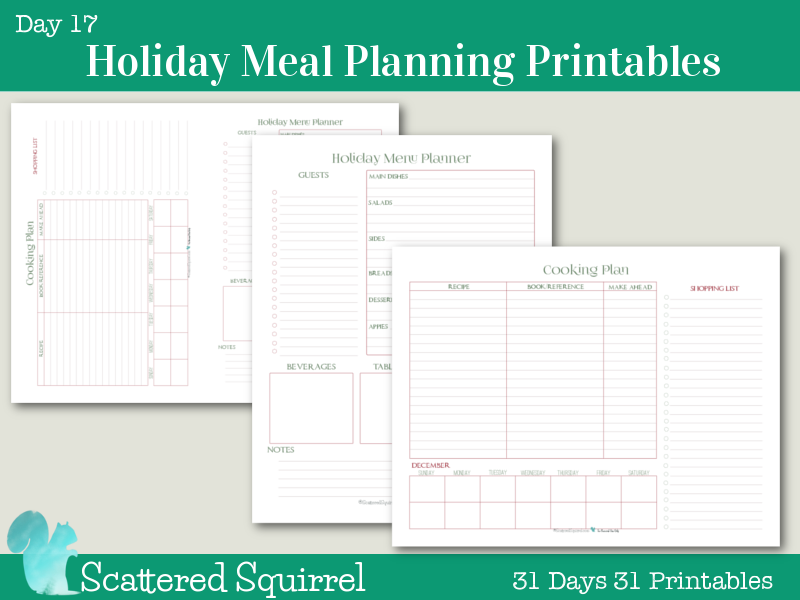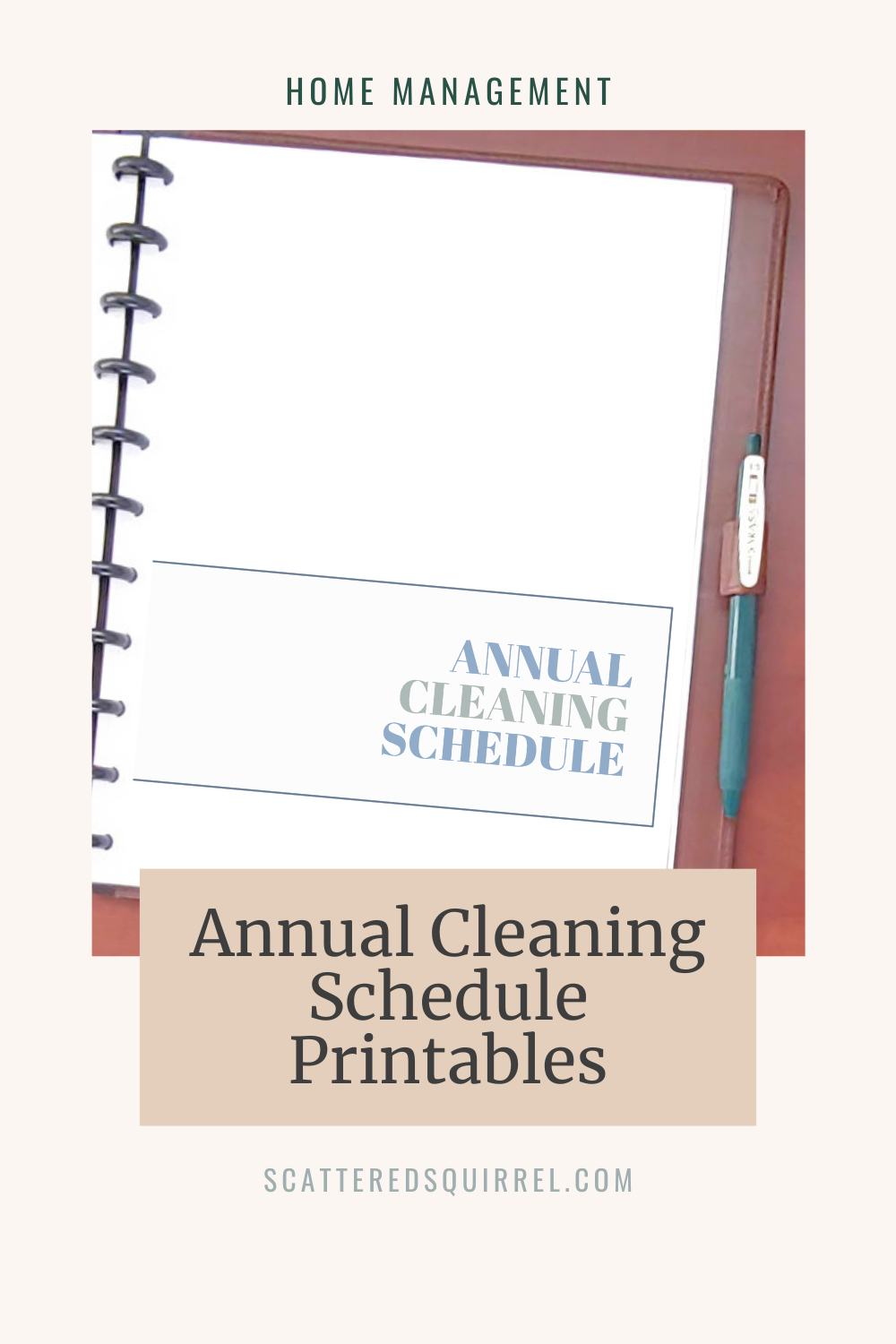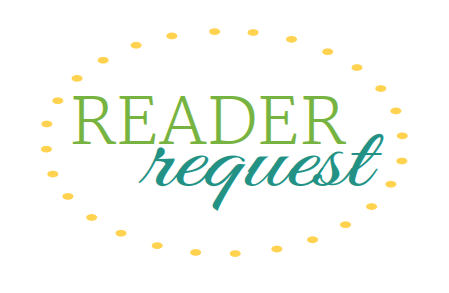What Works for You: Home Office Part 1
Over the last few years, Home and Family Management have become a passion of mine. Whether it’s organizing a space to work better for us, decorating a room (which I really haven’t done much of yet) planning yummy meals or fun activities, I love it all. It keeps me busy, fuels my creativity, and just generally makes me happy. And so, I thought perhaps I would share some of that enjoyment with you, in the form of a mini series (maybe it will be more like a not-so-mini series, I don’t know yet) I’m calling “What Works for You”.
So, where should we start? Well, I gave it some thought, and then thought about it some more; changed my mind a million and one times, and finally decided to start with the foundation of my own Home and Family Management System:
The Home Office
They are as unique as the people who use them; each one is tailored to meet the specific requirement of its user/s. If you wander through BlogLand, search Pinterest, or peruse sites such as Style at Home or Better Homes and Gardens, you will see millions of different home offices. From larger rooms dedicated solely to home office work, through the cloffice (closet office), right on down to a simple tote and file box, they are as vast and varied as the people who create them. I find it absolutely amazing to see the creativity that is poured into finding solutions for creating a fabulous and functional office space. As much as I love seeing the finished product, I think I love reading the thought process behind the set up even more. It is so incredible that something that sounds so uniform can end up being so diverse.
In our old home, there really wasn’t a place to dedicate to a home office. It seemed like the spaces where there was room for one weren’t practical, and where it was practical, there was no room. It took a lot of trial and error, research, (which is a fancy way of saying I spent hours scouring the web looking for ideas ignoring the more pressing things, like Mt Foldmore) and we finally ended up with an ok system. (See Here for how I organized craft and office stuff and Here (the little bookshelf in the living room, became the extra office storage area)) The process of finally getting to the point where we had a system that worked (for the most part) taught me much about my family, the information we need access too, the tasks we need to complete, and how to make the “office” work for us, not against us, even if it means thinking outside the box, going outside the norm, or throwing away the rules of organizing. The point is to get a system that will work FOR you, if it’s working, does any of the rest really matter?
As I mentioned above, home offices come in all shapes, sizes, and functions. For some, a home office is where they work all day, for others it’s just a corner of the kitchen to hold often used files and bill paying info. I’m going to share with you the process I used to figure out how to get ours set up, and I’m going to include some of the things I noticed or want to change about our current set up. It started with seeking answers to a few important questions, and going from there.
Define Your Needs
Function must come first when it comes to an office. This is an action space, it’s where you do stuff. (very technical term I know) So, following a logical route, the first question to ask yourself is:
What do you NEED to do in your home office?
This is just brain storming; don’t think it through too much, just jot down all the things you need to do in your home office. To give you an idea here is what I came up with. Tweaking comes later.
- keep track of kid’s activities
- meal planning
- activity planning
- blogging
- computer work
- scheduling
- bill paying
- budgeting
- crafting
- house project planning
- correspondence (online and off)
- mail control
- house maintenance planning
- filing
- paper control
- document storage
- excess supply storage
So, we’ve figured out the “what” and we’ve figured out the “where”, now let’s look at something that is sometimes overlooked. How much time you invest in home “office” work, and how often you use the office space. If you know you’re going to spending alot of time in your office, then you need to take that into consideration when setting up the space. Same goes for the opposite. If you’re not going to use it often, or for long periods, save yourself some time and money, and set up a small dedicated space for “office” stuff. A friend of mine only uses her home office to store documents. When she set up her office space in her new home, she found a few pretty vases to hold pens, scissors etc.. invested in a couple of pretty file storage boxes, and a great rolling laptop tray for in the family room. The file boxes get tucked into a cabinet in her dining room, and the vases sit above it. In and Out boxes hang in her kitchen, and the whole system works really well for her and her family.What do you need to accomplish those tasks?
This is where we start getting into the nitty gritty. Think about all the supplies you need to do each job. I made two lists for this one. I went through my first list and wrote down everything I needed for each item. Then I took that list and weeded out the repeats. This helped figure out, not just what I needed, but what I needed most, or most frequently. Don’t forget the little things too, like staples, tape, etc… This list will be different for everyone, and each person will have their own way of making it.
So now you have an idea of what you use your “office” for, where you most often work, and what you need to do the work. Next week, I’ll share how I use the answers to those questions to help plan a functional home “office”.
Do you spend a lot of time in your home office space? Do you have a whole room dedicated to the office, or just a corner?
I wish you all a fabulous day!





